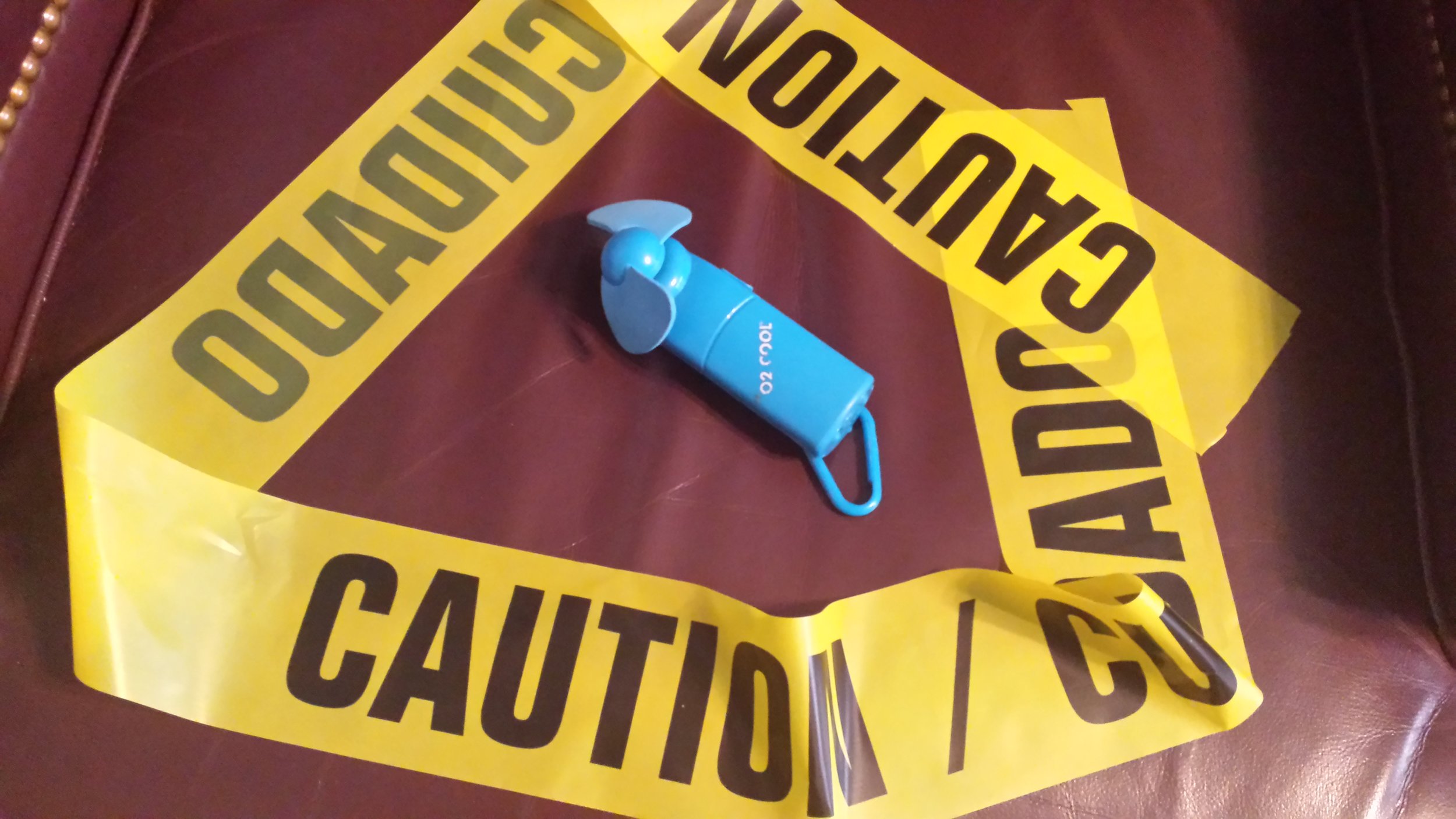Ever try to make things better and you only made things worse? Recently the JV cheer moms and I were sitting around waiting to make our appearance at an event. We were hot. I pulled out a hand-held battery operated fan to cool us down. One mom didn’t really like it and said, “No thanks.” With the best of intentions, I insisted.
Like a traffic collision where cars accidentally swerve at the same time into each other, I started the fan as she moved. The result: her beautiful, long blond hair got tangled in the blades. After having to rip a few hairs out of her head (Ouch!), she was free. At the same time a question came to me, “Why did I get tangled in a situation I could have avoided and even stopped?”
Working with a Toxic person can be as messy as the fan incident. Your actions may be well-meaning. However, you need to know when to make your move, when to back off and that at any time you might get tangled up in a very messy situation.
Toxic personality types are deceitful, deceptive, ruthless and dishonest. Lacking empathy, they appear as narcissists or sociopaths and can be charming and disarming. They will sabotage your success as I mention in this recent Forbes article.
At one point in my career I worked for a toxic boss. Can any of you relate to this?
You’ll know you are working with a Toxic person when you hear these statements:
“What do you mean you didn’t understand?”
“I wish I could’ve helped, but…”
“No, I’ve got no idea why they would say that?”
“Prove it.”
Actions that don’t work with Toxic coworkers:
Describing why their reaction is causing problems with coworkers.
Questioning or coaching them so they can understand their faults.
Appealing to their ethics or sense of doing right.
What to do if you work with a Toxic person:
Avoid sharing personal feelings or confiding in them because they will twist or manipulate what you say to help their own cause. Confidential or private information shared with a Toxic will be used against you.
Do your own research. Don’t rely on what the Toxic coworker says because you can’t trust him/her, even when they appear to be your friend.
Publicize deadlines and job duties to all co-workers on projects and document your actions. This minimizes the chances of the Toxic being able to blame you for his/her shortcomings.
Back to my cheer mom story…we’ve all heard horror stories about student rivalries and parents of athletes not liking other. Thank goodness, no matter the competition those girls face or the temporary high school drama, we team parents remain friends. Like a strong work team, we know that supporting each other gives all the members more opportunities for high performance and receiving winning results later in life.
Journey On without Toxic Tangles!
P.S. A shout out to you who are raising, teaching and influencing our future generation. Best wishes as you make the tough decisions about whether to step in, allow them to work a situation out on their own, or allow them to suffer the consequences of a tangled up situation they created. You don’t receive the recognition or compensation you deserve. On behalf of their future employers, their families and their communities, please accept this appreciation for your contribution.
